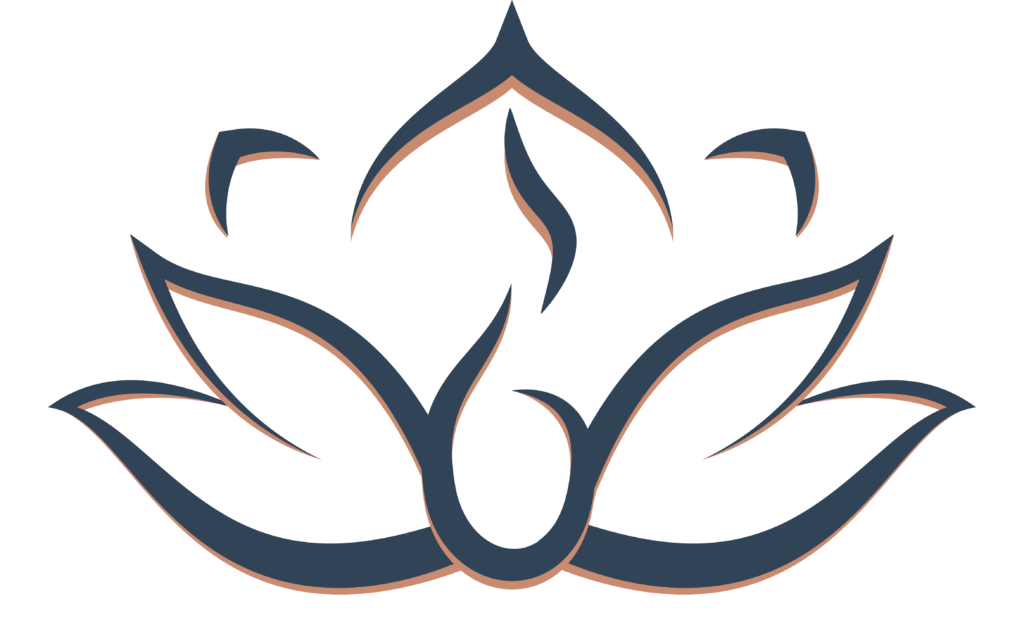Let’s be honest – making changes is hard. The idea of change is so very appealing with promises of growth, self-discovery, and mastery but sometimes it can feel like an uphill battle, especially when that pesky imposter syndrome tries to make its way into our narrative. But let’s sit back and think about this.

Change and the Comfort Zone: A Tug of War
Who doesn’t love their comfort zone? David Goggins maybe, but I would say most of us like safety. Our comfort zone is like a haven – familiar, cosy, safe and predictable. Change, on the other hand, disrupts this haven. It’s stepping out into the somewhat unknown, leaving behind the comforting routine we’ve grown accustomed to. The brain, wired for stability and safety, often resists this disruption, making the process of change inherently challenging. To change we have to expect some discomfort as the brain learns that the new behaviour is also safe and can bring with it good feelings. The discomfort is often the bit that stops people from change due to a misinterpretation of what that discomfort means about the person, the goal or their ability to change.
The Weight of Past Experiences: Our Baggage Backpack
We all carry a backpack of experiences, both good and bad. The more we grow the more we carry. It’s like each experience is a grain of sand or a massive rock. The weight doesn’t matter as we are tasked with carrying them along with us on this journey of life. The problem is that the more hurtful past experiences are often the heavier ones. These can slow us down, or even keep us stuck from moving forward. Sometimes we don’t see them because they are packed away in our backpacks, but we feel the weight of them.
Our coping mechanisms, developed over time, prioritise stability, making it hard to let go of what we know – even if it’s not the healthiest for our growth. It is important now and then to learn to put the backpack down, have some respite, and maybe have a look inside. You may need some support with this, through therapy, or a good support system, but most importantly it’s essential to give your body the time to heal from the weight. Hidden Hurts and the pain they cause are often held in the body way after the difficult experience and finding time to heal your body and learning what it means to feel safe and grounded will be an important step to being able to move forward to create changes and achieve goals.
Imposter Syndrome: The Sneaky Saboteur
Enter the elusive inner imposter– the voice that whispers, “You’re not good enough” or “They’ll find out you’re fake and no good.” This self-doubt often intensifies during times of change, creating a barrier between us and the desire for something new. It’s like a constant companion, questioning our worth and making the prospect of change even more daunting. The way to change – it’s time to call it out of its hiding place. The reason it’s so effective is because it’s hidden and free to say what it wants. So, shine a spotlight on it instead. Draw out what your inner imposter looks like, give it a silly name, and let it know you can see it. It’s important to understand that your inner imposter probably needs to learn a few lessons about who you are now because it probably still treats you like a child. Giving it new information about your achievements, your strengths and your ability to understand that life has been hard and you did your best with what you had and knew at the time. You can explain to it that you no longer need it showing up trying to make you feel small. Therapy can help with this.
Dr Kaur also has an Imposter Syndrome group so contact her here for more information.

Fear of Failure: The Elephant in the Room
Change and the fear of failure go hand in hand. We’re wired to avoid failure – it’s a survival instinct. But in the context of change, this fear can become a massive barrier. What if we make the wrong move? What if we can’t handle the new challenge? What if other people see me failing? These questions contribute to the resistance we feel when faced with change. How do we get through this? Lean into how we learn as humans – we learn through trying and reflecting. It would be helpful to look at people you admire – actors, singers, colleagues, authors, family, friends…learn about their achievements and how they had to experience failure along the way. Managing the anxiety is something a therapist could help you with.
The Unknown: A Terrifying Landscape
Change often takes us into the realm of the unknown. It’s like setting sail without a map, unsure of the destination. This uncertainty triggers discomfort and anxiety, compelling us to retreat to the familiar shores of what we already know.
In essence, embracing change is not just about taking a different path; it’s about confronting the resistance within us – the comfort zones, the baggage of past experiences, the whispers of imposter syndrome, the fear of failure, and the daunting unknown. Understanding these layers helps us appreciate why change feels like navigating uncharted waters. It’s acknowledging that the journey is tough, and that’s okay.
So, here’s to acknowledging the challenges, embracing the discomfort, and recognising that change, while daunting, is a journey worth taking.
If you want to work on changes, contact Dr Kaur to talk through some of the options available online.



